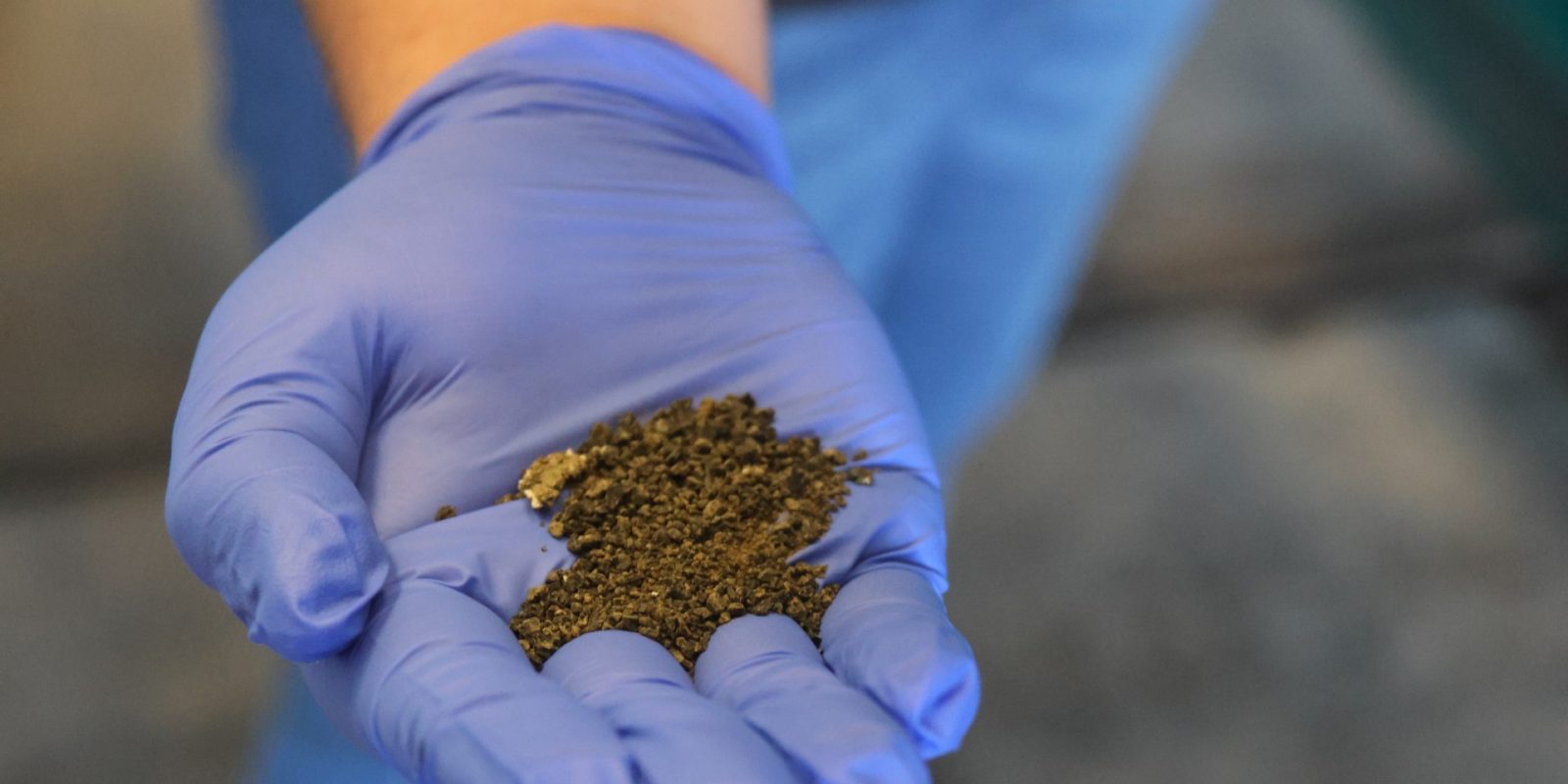
Green Li-ion has launched a commercial-scale plant to process unsorted battery waste, or “black mass,” from used lithium-ion batteries.
Within an existing recycling facility in Atoka, Oklahoma, the plant will produce sustainable, battery-grade cathode precursor, lithium, and anode materials – closing the EV recycling loop with the production done all in one plant.
The current recycling process for spent lithium-ion batteries in North America includes sorting batteries before shredding, which are then processed into black mass and further into sulfates. The material is then exported overseas, most often to China and South Korea, for further processing.
Green Li-ion’s patented technology uses a novel and advanced hydrometallurgical approach that closes the recycling loop by directly converting recycling scrap into battery-grade precursor cathode active material (pCAM) without being exported for further processing.
Green Li-ion says its process significantly reduces production time, yielding pCAM in around 12 hours. It also emits up to 90% fewer GHG emissions than virgin materials processing.
The Atoka plant is the first in North America capable of processing unsorted black mass of different Li-ion battery chemistries into pCAM at commercial scale, ensuring 99% purity. The plant is expected to create 2 metric tons of pCAM at battery grade, or the equivalent of 72,000 smartphone batteries per day, with plans to quadruple this capacity within the coming year.
With a presence in the US, Singapore, Korea, Germany, and Australia, the global company says its Oklahoma plant, like its other plants, can produce materials that meet the specs battery cell producers want.
Stephen Hayward, vice president of operations at Green Li-ion, said:
The Inflation Reduction Act and business-friendly policies in Oklahoma have spurred innovation, and the state is proving to be the center of the re-growing manufacturing industry in the US.
We aim to show original equipment manufacturers, diversified industrials with a battery recycling business unit, and pure-play recyclers how working with Green Li-ion technology can help them capitalize on the trend toward electrification.
By onshoring black mass and battery waste processing with cathode and anode material production, battery manufacturers and recyclers can significantly reduce the cost and CO2 emissions impacts of their operations and supply chains.
Correction: The headline previously stated that Green Li-ion’s plant was the first in North America to process unsorted battery waste. That was incorrect, and the headline has now been changed. Apologies for the error.
Read more: Volvo is going to turn used EV batteries into new battery storage
If you live in an area that has frequent natural disaster events, and are interested in making your home more resilient to power outages, consider going solar and adding a battery storage system. To make sure you find a trusted, reliable solar installer near you that offers competitive pricing, check out EnergySage, a free service that makes it easy for you to go solar. They have hundreds of pre-vetted solar installers competing for your business, ensuring you get high quality solutions and save 20-30% compared to going it alone. Plus, it’s free to use and you won’t get sales calls until you select an installer and share your phone number with them.
Your personalized solar quotes are easy to compare online and you’ll get access to unbiased Energy Advisers to help you every step of the way. Get started here. –ad*
FTC: We use income earning auto affiliate links. More.






Comments